
I'd like to introduce you to Holly Davis, the UVA employee I’ve known the longest. That’s because she’s my cousin. We grew up like brother and sister in far Southwest Virginia, and we have the accent to prove it.

I'd like to introduce you to Holly Davis, the UVA employee I’ve known the longest. That’s because she’s my cousin. We grew up like brother and sister in far Southwest Virginia, and we have the accent to prove it.
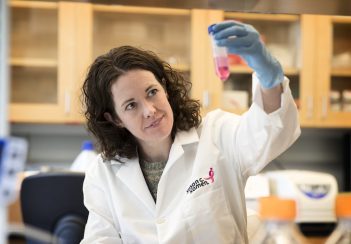
Fascinating new research from our Melanie Rutkowski, PhD, suggests that an unhealthy gut microbiome promotes the spread of breast cancer.
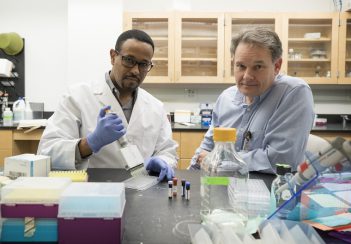
Our Timothy Bullock, PhD, and his team have discovered a defect in immune cells known as “killer T cells” that explains why they struggle to destroy cancer tumors. By fixing this defect, scientists could make the cells much better at killing cancer cells.
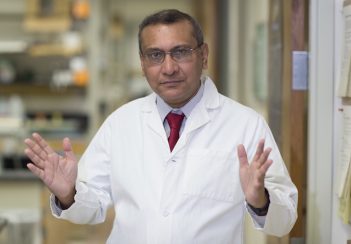
Anindya Dutta and his colleagues have identified a substance that is essential for the sexually transmitted virus to cause cancer. That discovery could lead to new treatments for HPV cancers.
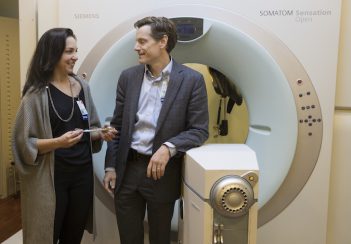
Tim and Shayna Showalter, who are married, have developed a technique called Precision Breast Intraoperative Radiation, which aims to improve on conventional breast IORT by making it more targeted, more powerful, more personalized and, hopefully, more effective.
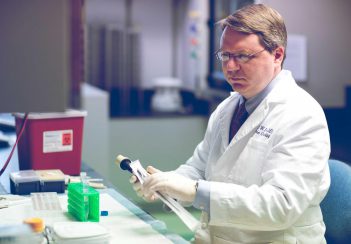
Here's a well-earned recognition: Our Daniel "Trey" Lee's pioneering work in battling pediatric leukemia has been honored as one of 2017’s top 10 Clinical Research Achievements by the Clinical Research Forum. Dr. Lee’s research weaponizes immune cells, known as T cells, in pediatric and young adult clinical trial participants to…